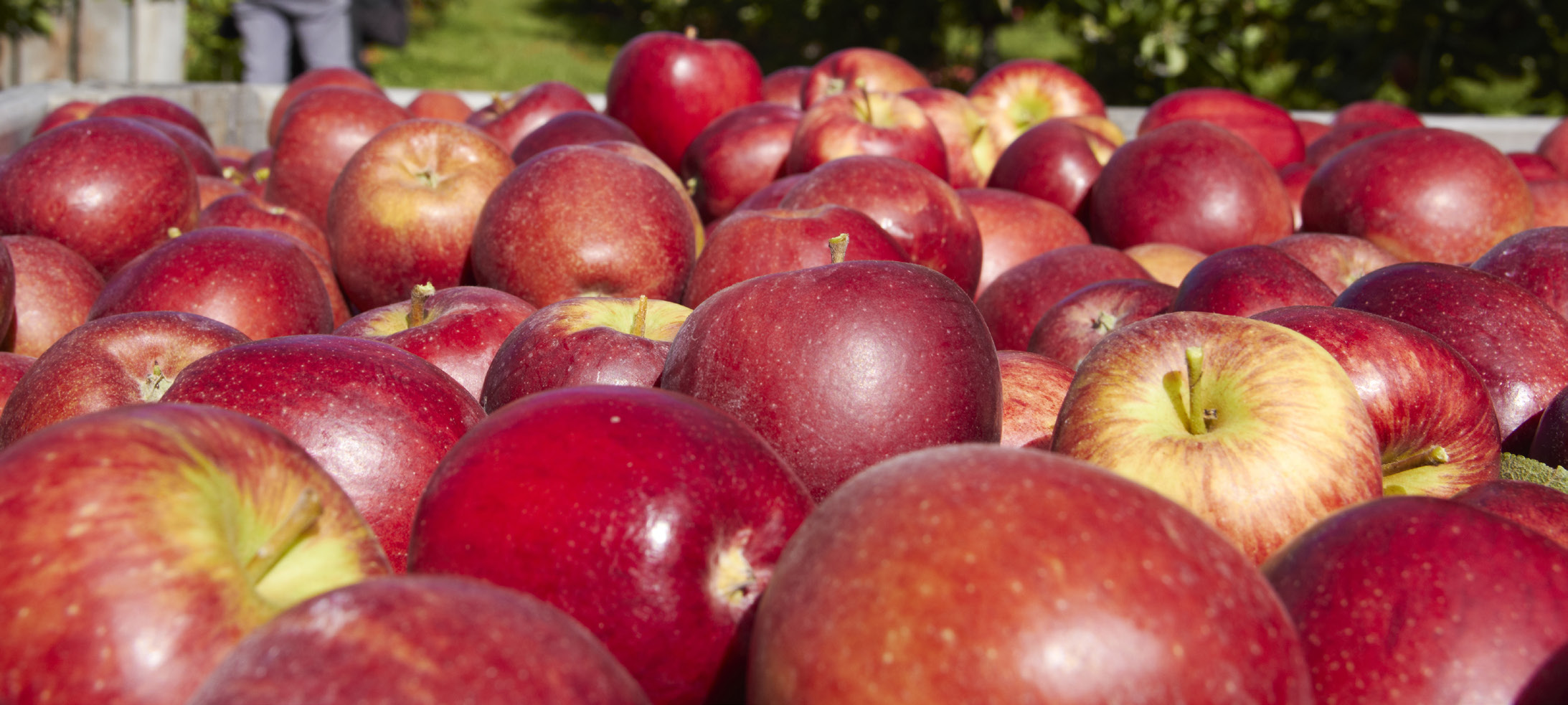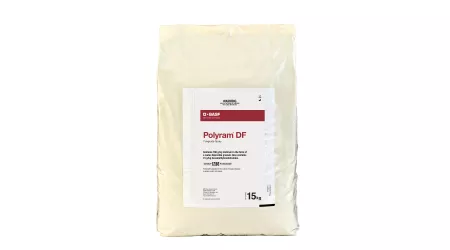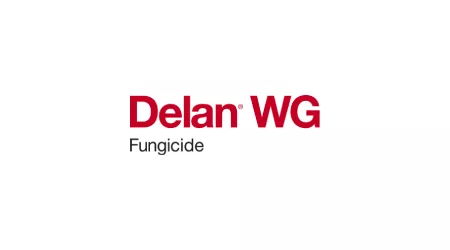After a period of uncertainty, pipfruit growers have recently received welcome news from Europe that they can use Polyram® DF to control black spot and promote superior crop finish on apples and pears grown for export to the European Union (EU) in the 2024/25 season.
“While it’s great to have certainty for the upcoming season, the non-renewal of the registration of metiram, the active ingredient in Polyram, means that Polyram’s use on fruit destined for the EU is uncertain beyond this coming season,” says Tim Herman, Senior Technical Services Specialist for BASF New Zealand.
Polyram has played a vital protective role in pipfruit orchards and vineyards for many years, Tim’s advice is to make the most of having it available for use in all export crops as well as those for domestic consumption.
Tim explains the background: “First registered in the 1940s, Metiram belongs to the dithiocarbamate (DTC) group of fungicides. Other actives in the same group currently registered in New Zealand include mancozeb, thiram and ziram.
“In recent years DTCs have been considered endocrine disruptors with potentially harmful effects on humans. As a result, the EU registrations are being cancelled and the use of DTCs is being phased out on all crops in the EU. This is despite BASF working hard to defend metiram in Europe. Ziram is the one DTC that has yet to have its reassessment completed in the EU.”
Residue testing for all DTCs assesses the carbon disulphide (CS2) level present, which can also be present naturally. The maximum residue level (MRL) may be set at the level of quantification (LoQ), defined as ‘residue present but can’t be measured’ or set to the natural level of CS2 contained on the commodities. However, this will not happen until later this year or next year. Then there will be a phase-out period to allow existing stocks to be used and treated commodities to move through the markets. Tim notes that Polyram remains approved in other major markets around the world.
“The loss of Polyram for use in any crops would be a short and longer term setback. Its multi-site activity interferes with biochemical reactions at many points of pathogens’ growth and development. Many years of healthy crops show that Polyram’s efficacy across multiple target sites provides reliable control of black spot in pipfruit, and both black spot and downy mildew in grapes.”
As most growers know, Polyram is also an effective resistance management tool when used as a tank-mix partner for the single-site fungicides, reinforcing their effectiveness and helping preserve high disease control levels.
“While our local BASF team remains confident that Polyram will remain available to keep doing a great job for many more seasons ahead, don’t forget that another multi-site option is available.
“Delan® WG can currently be used as a rotation option in the apple black spot programmes the same way as Polyram. If the EU decision is to lower the MRLs for DTCs metiram in 2025, Delan will remain available to help fill the gap with its own very high level of reliability.”
Talk with your local Fruitfed Supplies Technical Horticultural Representative about the role of Polyram and Delan in your crop protection programme for the coming season.
ACVM registration numbers: Delan® #P003507, Polyram® #P002062. Read registered label before use.


